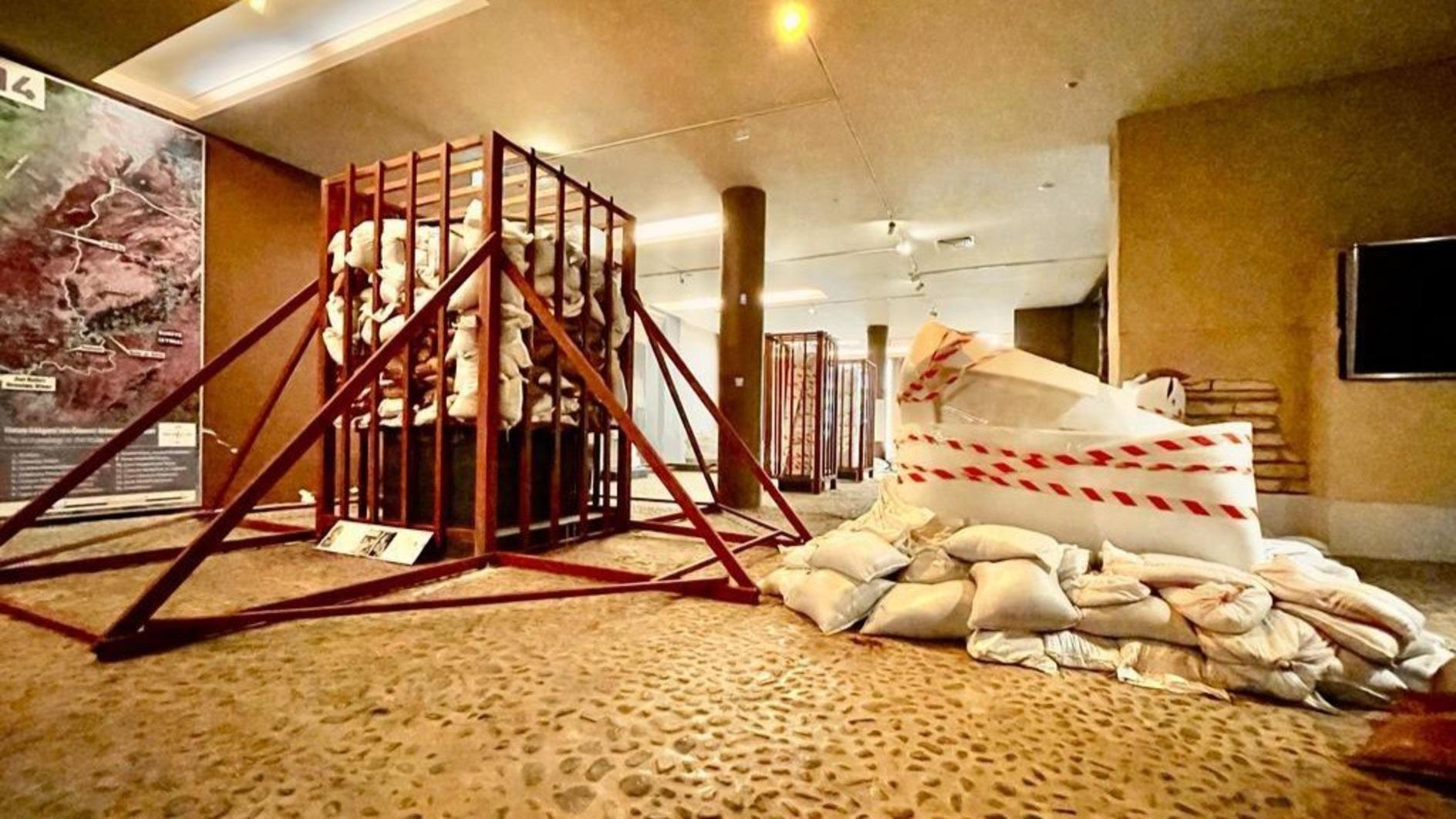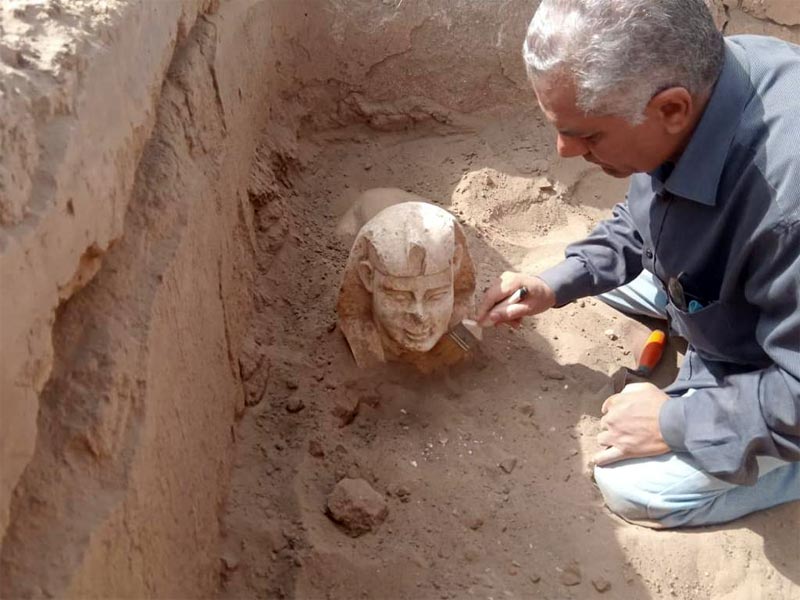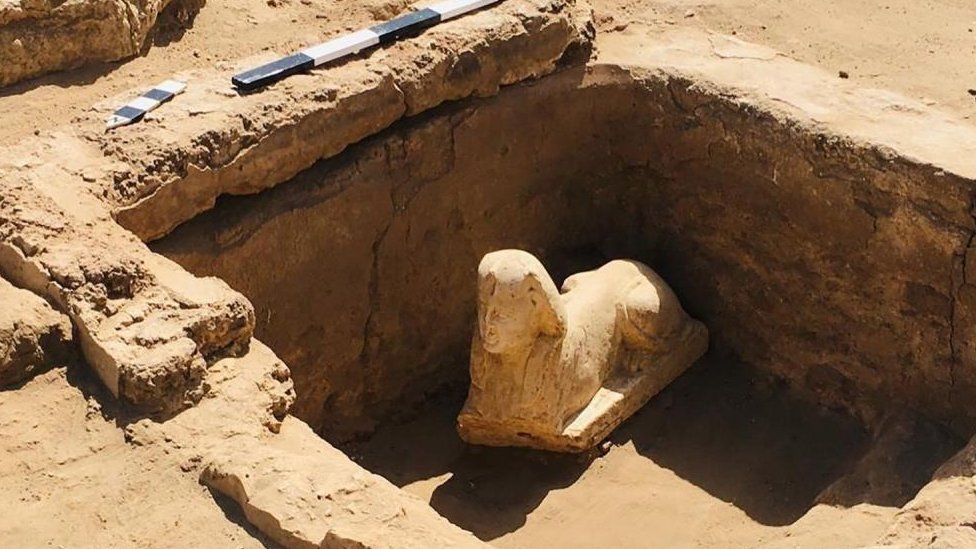
The strengthening works are ongoing uninterruptedly in Türkiye’s prominent Hatay Archaeology Museum, which sustained damage during the deadly earthquakes that jolted the country’s southeast in early February last year.
The museum has a total exhibition area of 10,000 square meters, including 3,500 square meters of mosaics, and is known for its extensive collection of archaeological artifacts.
Immediately after the earthquake, measures were taken for the protection of the statue of Şuppiluliuma, the statue of the Hittite king who left his mark on the history of the Near East for 35 years, Arsuz Steles, Antakya sarcophagus and mosaics.
The artifacts that were too big to be moved to a safer area were put in steel cages for protection, while small artifacts were taken to the museum in the central province of Kırşehir. These artifacts were kept in special containers brought to the museum garden.
While speaking about the protection measures, Hatay Archeology Museum Director Ayşe Ersoy said, “Thirty artifacts too big to carry were put under cages. All of our mosaics were taken under protection on site.”

“Reinforcement works are now being carried out in the building. Teams continue to work in line with the report given by the scientific teams. After three years, our museum will be reopened to visitors with a completely different concept,” she added.
Dozens of neighborhoods in the southeastern province of Hatay, one of the 11 provinces worst hit by the quakes, have almost disappeared. Images taken by drone once again revealed the destruction caused by the earthquake.

“There are only 35 families in the neighborhood of 15,000 families, but we have not lost hope,” said Celal Sarı, the local head of Hatay’s Emek neighborhood.
As a part of efforts to keep the historical heritage of the district alive, artifacts from historical buildings destroyed by the Feb. 6 earthquakes in Antakya, Hatay, are being salvaged with “rubble archaeology” to be used in restoration.
The original materials used in the historical buildings excavated in the works carried out on an area of approximately 3,070 acres are transported to the “Cultural Debris Casting and Sorting” site, which is a first in the world.
february 6, Maraş,
